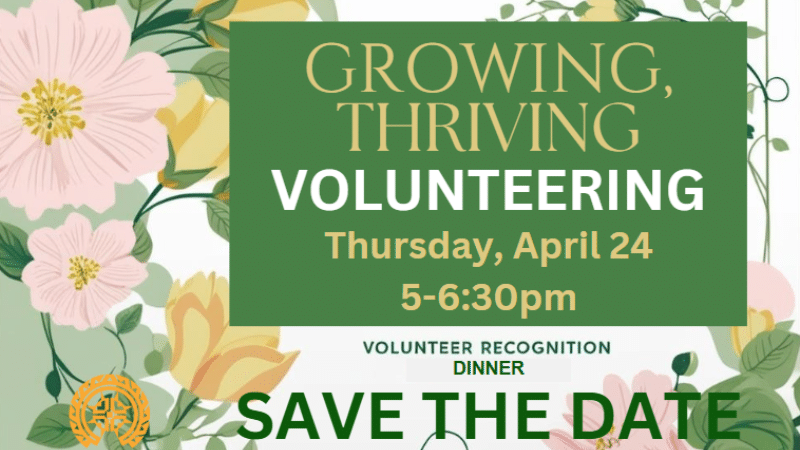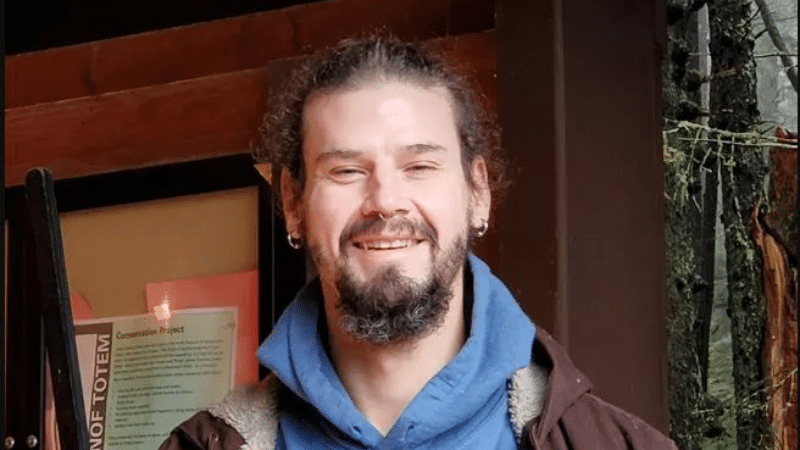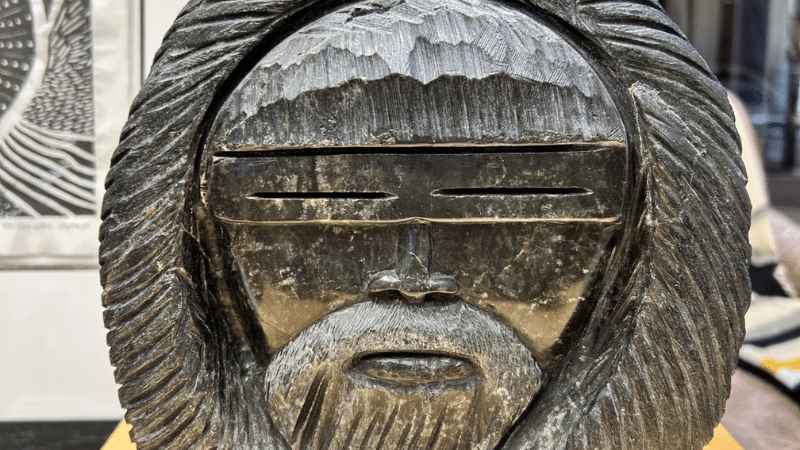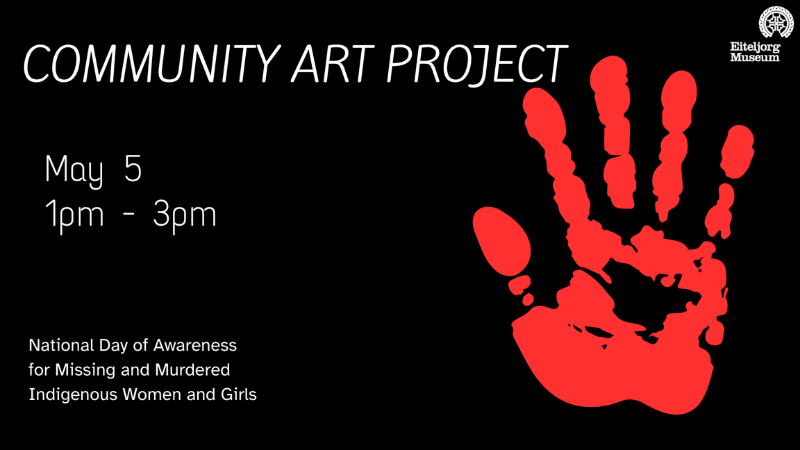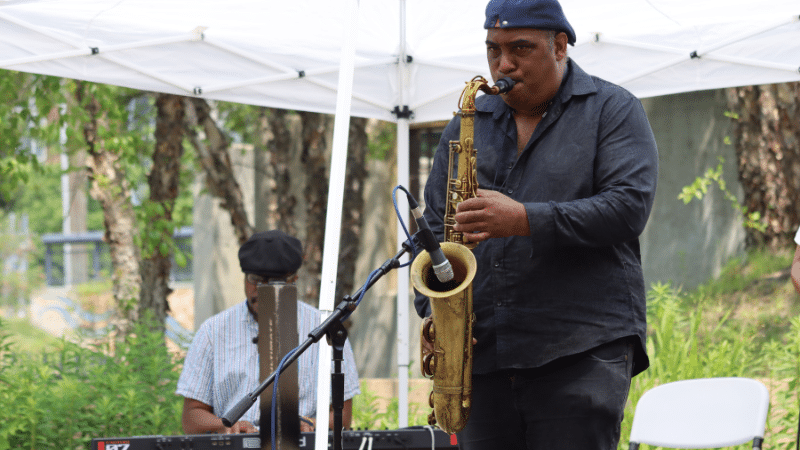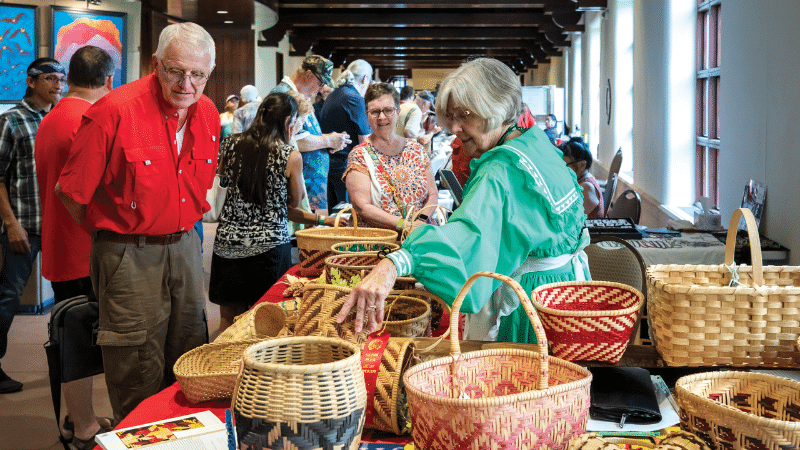Perspective: Every Second Monday in October and Why Not Indigenous Peoples Day?
By Dorene Red Cloud (Oglala Lakota), assistant curator of Native American art
This past week in October has consisted of many reminders about one of my least favorite historical figures, Christopher Columbus. For instance, today, Monday October 14, 2019, is Columbus Day observed. This past Saturday, October 12, 2019, was the actual 527th anniversary of Columbus arriving, lost, on the shores of the Bahamas. And I have already seen countless advertisements of Columbus Day sales for mattresses, department stores, and what have you, and I can tell you, I am not inspired to shop. And I like to shop!
Every Columbus Day, observed and actual, I wear all black clothing for it is a day of mourning, in my opinion. Backed by Spain (although he was Italian), Columbus (born Cristoforo Colombo) was in search of a trade route to the Far East. When he arrived in the Caribbean, he believed he had “discovered” India, so he monikered the people (who had welcomed this stranger politely), “Indians.” Because these people were not Christianized, Columbus, during each trip to what is now called Central and South America, claimed the land and resources for Spain.
Speaking of resources, Columbus wanted the gold that he saw the people wearing so he began to demand it — and over a short period of time — more and more of it. He invented methods to punish the people who did not procure enough gold in ways I do not care to elaborate. But I can tell you this much, I never wear gold in memoriam of all of the Indigenous peoples who were tortured and killed for this gold lust.
Until that time, gold had mainly been collected from the Ivory Coast of Africa. Due to Columbus’ new system of supply and demand, the “idea” of trading slaves from Africa to replace the decreasing gold supply (and thereby create a new market), occurred. Thus, the introduction of transatlantic slavery was born.
Did you know that Columbus never landed on North American soil and that Columbus Day was not an official federal government holiday until 1937? So why do we continue to honor Columbus whose influence introduced disease, rape, and massacre, or, the colonization of the Americas?
I want to pay homage to the cities in the U.S. whose citizens voted that they would rather observe a celebration honoring Indigenous Peoples Day and not Christopher Columbus. Seattle, Washington; Portland, Oregon; Berkeley, California; Phoenix, Arizona; Minneapolis, Minnesota; Asheville, North Carolina; and Ann Arbor, Michigan, are some of the cities that no longer observe Columbus Day. And, who, in my humble opinion, totally rock for taking a stand to say “No, we will no longer celebrate a harbinger of death and colonial figure!”
For many reasons, it behooves us to change Columbus Day to Indigenous Peoples Day. Despite the millions of Indigenous peoples who perished as a result of contact with Europeans who traveled to all of the Americas after 1492, we Indigenous peoples are still here. In the U.S., we are 4 million-strong and growing. There are still several millions of Indigenous peoples in Central and South America too, despite history recording these peoples as Latin Americans. Most of you know and are friends with Indigenous peoples, and we have a lot to offer to not only this country, but to the entire world.
So the true celebration is in our resiliency and survival, our strength and perseverance, and our sense of humor and personalities. There are so many, many reasons to retire Columbus, ceremonially and officially. So please join me in greeting one another today, Monday, October 14, with “Happy Indigenous Peoples Day!”
Dorene Red Cloud (Oglala Lakota) wrote this opinion piece for the Eiteljorg blog.

